The price of food may not fall back down, according to the chief economist at the Bank of England.
The cost of food “could still remain higher than it was” following the invasion of Ukraine, according to the Bank of England’s chief economist Huw Pill.
In a report by Sky News, speaking at a Q&A on the cost of living, Pill said that even if the rate of food inflation was to slow it would still be more expensive than it had been.
“Unfortunately the days of seeing food prices fall, that does seem to be something that we may not be seeing for a little while yet, if in the future at all,” said Pill.
He said rising prices were down to Russia’s invasion of Ukraine, which disrupted the supply of staple ingredients like wheat and sunflower oil, while bringing up the costs of raw materials and basic foods. He said the UK had been hit hard by the rises because retailers had locked in expensive contracts in the wake of the invasion in order to secure supply.
He continued: “Some firms decided to sort of lock in their purchases of commodities in international markets in order to reduce that uncertainty, but potentially locked in at quite high levels of prices and they’re still passing that through the system into what ultimately we’re paying for in shops.”
He added that rises would begin to slow as those contracts end and food sub-processors in the UK adjust to the end of the disruption.
Official figures show food inflation at 17.3% in the 12 months up to June, when the overall consumer price index measure of inflation was 7.9%.




















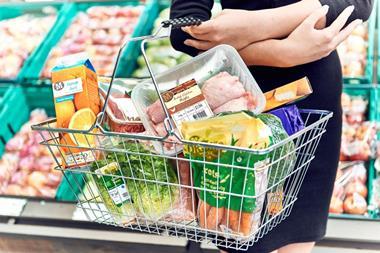
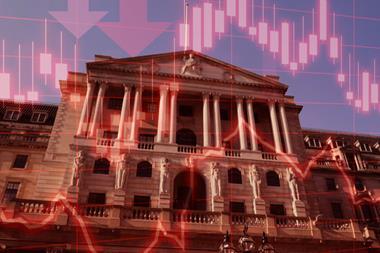
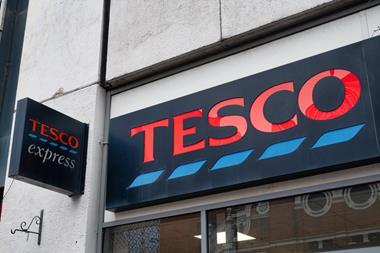
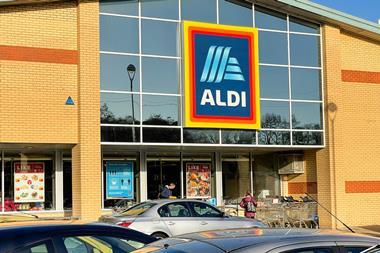
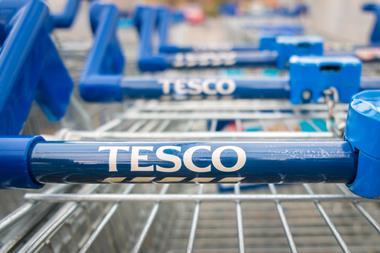
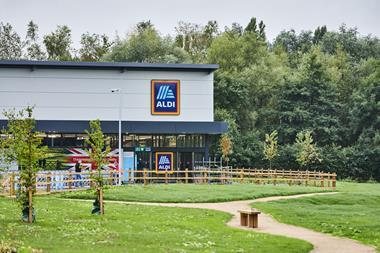
1 Reader's comment